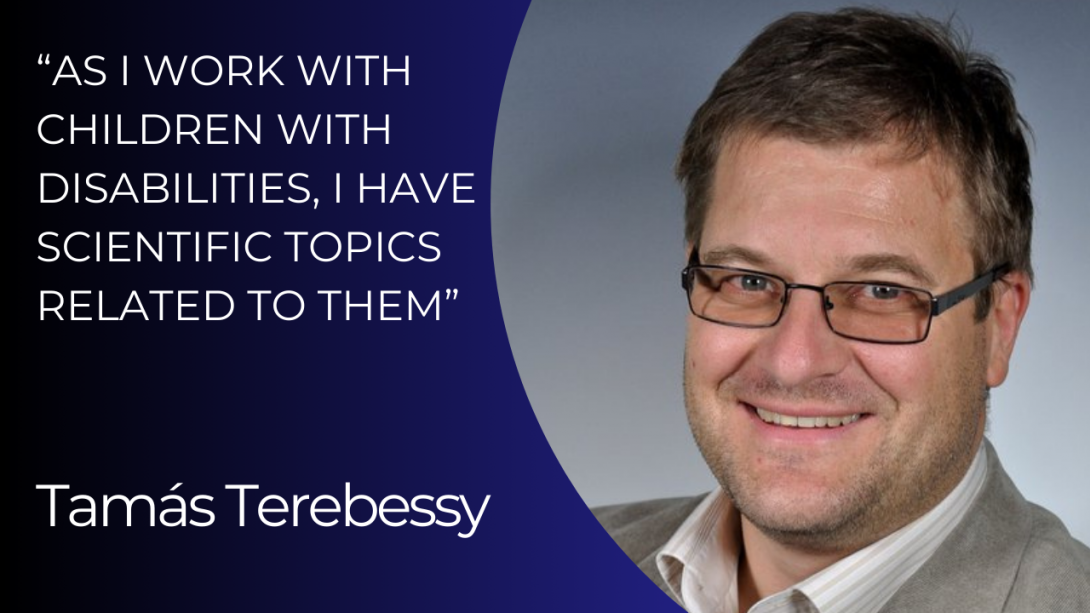
The topics of his PhD students are related to neuro-orthopedics, particularly cerebral palsy, which is caused by damage that occurs to the developing brain, most often before or during birth. He and his students aim to improve the treatment and quality of life of children with this condition. In March, Dr. Tamás Terebessy was named Supervisor of the Month (Year 1) at the Centre for Translational Medicine.
Dr. Tamás Terebessy is an associate professor at Semmelweis University and the deputy director of the Department of Orthopaedics. He joined the Centre for Translational Medicine as a supervisor when it moved to Budapest. “My PhD students have benefited a lot from the Centre's training, and I myself have learned a lot about scientific methodology from the senior lecturers. My first-year student, Azamat Bissenov, is participating in the training through the Stipendium Hungaricum program. I also have two second-year PhD students, who have already published a study in a scientific paper, and their second one will be ready soon.”
As Dr. Terebessy's main research area is neuro-orthopaedics, his students are also researching in that field. This is an interdisciplinary area of neurology and orthopedics, which offers many topics. “As I work with children with disabilities, I try to find scientific topics related to this patient group. My second-year students are doing a meta-analysis on therapy for children with cerebral palsy. One is evaluating the efficacy of botulinum toxin treatment in such children, and the other is clarifying the efficacy of a robot-assisted gait therapy in this patient group. Children affected by this condition are not congenitally ill, but typically suffer oxygen deprivation during childbirth, resulting damage to their motor system. This condition is also the topic of my first-year student, who is investigating and comparing tools for assessing the movement status of children with cerebral palsy. He is currently writing her first scientific study.”
Dr. Terebessy particularly enjoys the teamwork aspect of the CTM training. If he has any observations, he can contribute to discussions on psychiatric topics at meetings, as well as on drug pharmacology studies. It also helps him and his students to receive useful advice and comments from other disciplines.
(Szabó Emese)